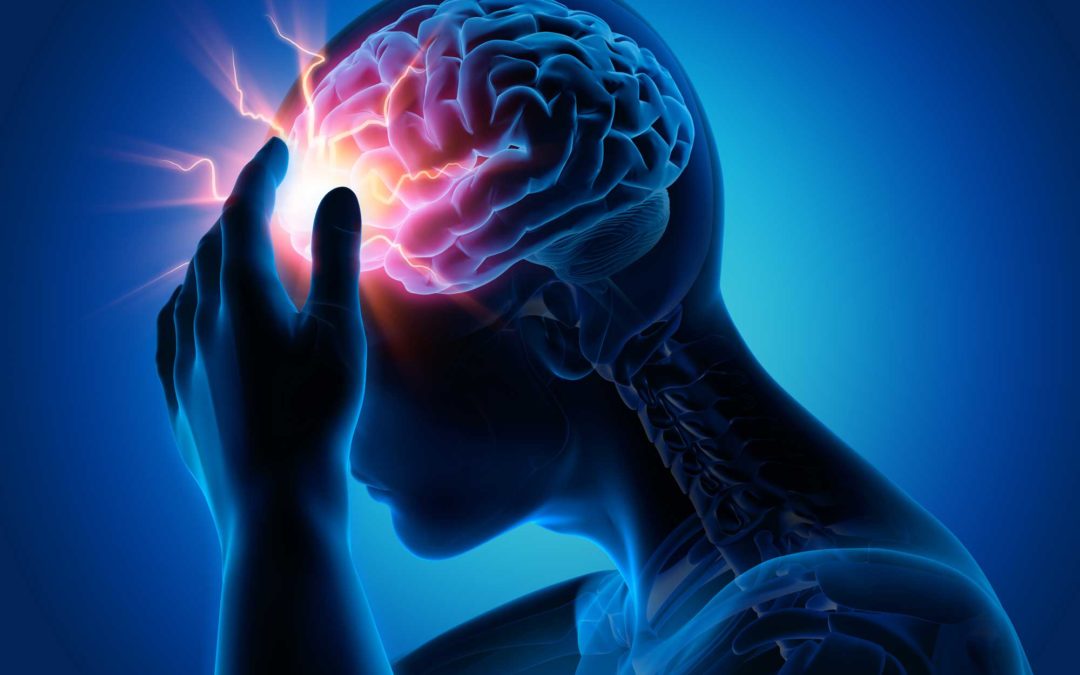
Have Digestive Troubles? Think Stomach Acid
So many of my clients suffer from heartburn, indigestion, belly aches, bloating, gas, constipation, or diarrhea. Are you one of them? I wouldn’t be surprised. Almost everyone has at least one of these symptoms on at least a semi-regular basis.
In particular, heartburn and reflux seem to be the most misunderstood of all. Heartburn is commonly thought, by doctors and regular people alike, to be caused by too much stomach acid. Common recommendations are antacids, and prescription PPIs (proton pump inhibitors), such as Prilosec.
But what would you say if I told you that heartburn is actually caused by too little stomach acid? Allow me to illuminate the physiology that explains why.
The stomach is designed to tolerate an extremely low pH of 1.0-1.5. It naturally creates hydrochloric acid when we begin to smell and think of eating, and while we eat our stomach with food. The hydrochloric acid has two functions: to chemically break down proteins into peptides, and to kill any incoming pathogens, such as unfriendly bacteria or parasites. It also facilitates absorption of vitamin B12 and iron. Vitamin B12 assists many essential processes in your body, and iron is important for energy levels. Do any of my readers out there have indigestion and fatigue?
The sphincter between the esophagus and the stomach (Lower Esophageal Sphincter or LES) maintains its normally-closed state by being exposed to adequate stomach acid. When stomach acid decreases, the LES becomes loose, and allows the acidic contents of the stomach to leak back into the esophagus. Because this material is quite acidic and because the esophagus isn’t designed to handle this acid, the sensitive skin there gets burned by the acid, and causes the familiar chest pain of heartburn.
The unfortunate truth about PPIs and antacids are that they are temporary fixes that may relieve immediate symptoms, but they do nothing to address the underlying cause of the heartburn, and further exacerbate the underlying cause: LOW stomach acid. Possible causes of low stomach acid include:
- Chronic stress
- Lack of pre-meal practices, such as preparing, smelling, and thinking about food (for example, eating convenience food on the run, in a hurry)
- Pathogenic infections
- Aging (we tend to produce less as we age)
- Hormone imbalances
- Consumption of coffee, chocolate, sugar, and alcohol can weaken the lower esophageal sphincter (LES), allowing heartburn to occur.
There are many other possible reasons why digestion may be compromised besides low stomach acid, such as inflammation from food sensitivities which can lead to malabsorption, slow motility, or small intestinal bacterial overgrowth (SIBO), which can lead to severe gas, bloating, and intolerance of certain foods, to name a few. But the phase of digestion that occurs in the stomach is one of the first major steps in the process, and when compromised, every step downstream is more of a challenge than it should be.
Here are some gentle, easy steps you can take to increase your stomach acid, improve digestion:
- Take a few minutes before your meals to look at, smell, and imagine eating your food, and express gratitude for your food, to stimulate saliva and hydrochloric acid secretion.
- Chew your food thoroughly, to help the acid you are making do its job more effectively.
- Consume some lemon or apple cider vinegar in water first thing in the morning, and before a high protein meal. Aim for 30 minutes before eating.
- If you suffer from heartburn and you consume coffee and/or alcohol, try eating some food first, to prevent weakening of the LES.
With these tips, I hope that you will find your digestion, energy, and elimination improving. Add a comment, and let me know if any of these tips made a difference for you.
